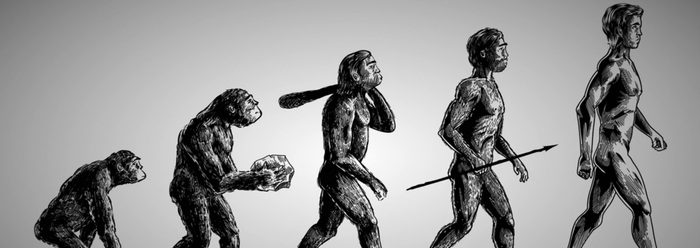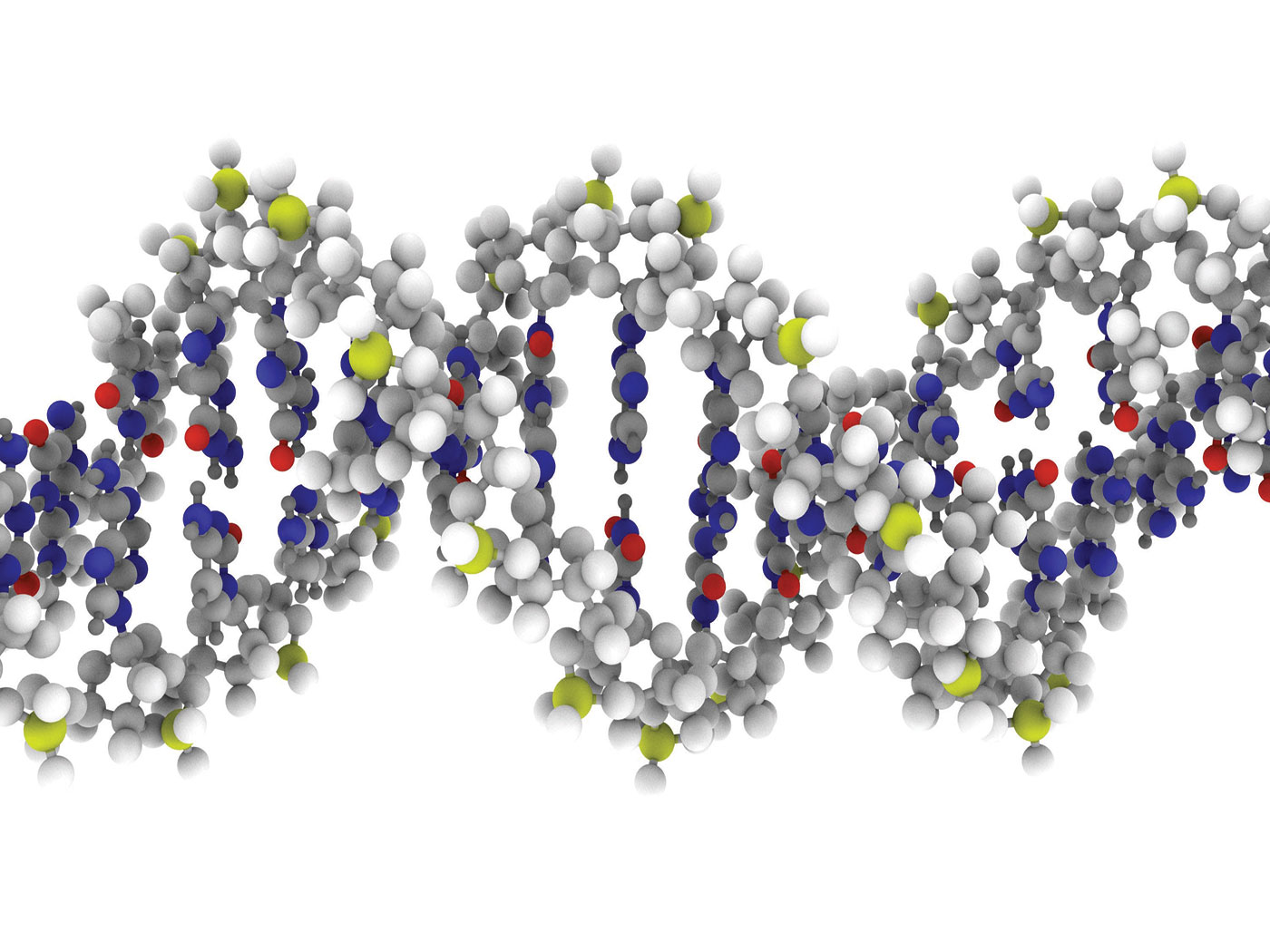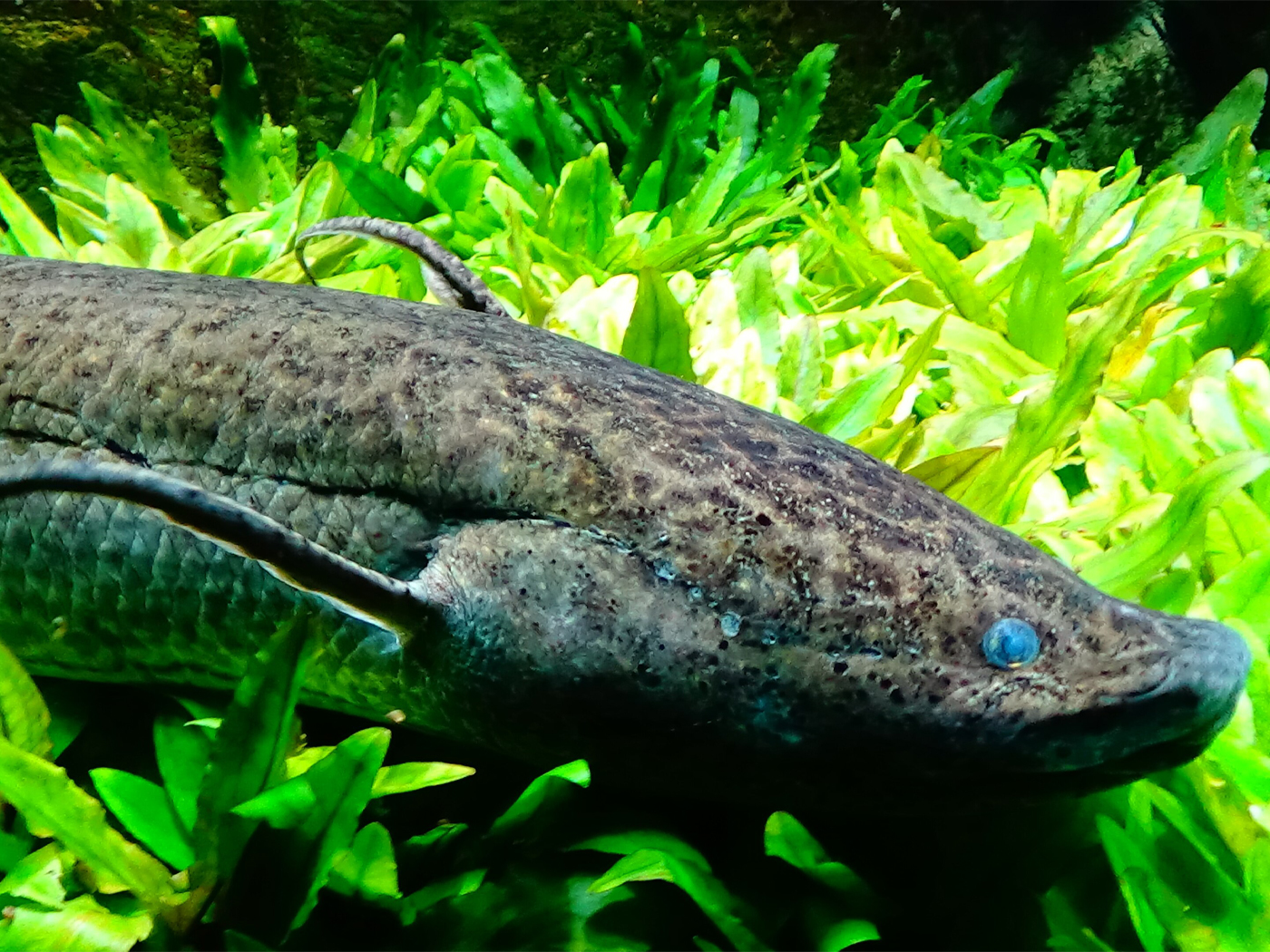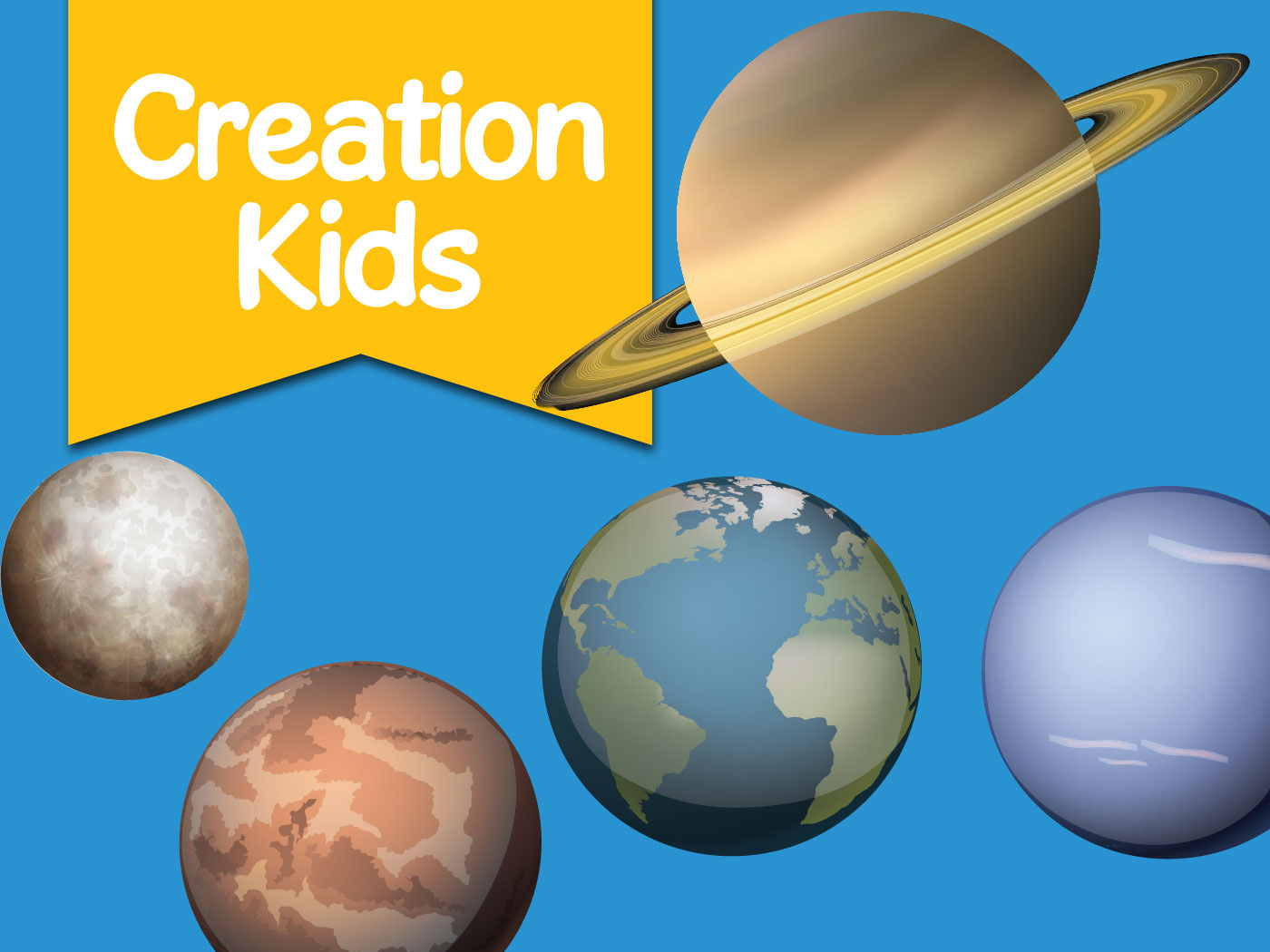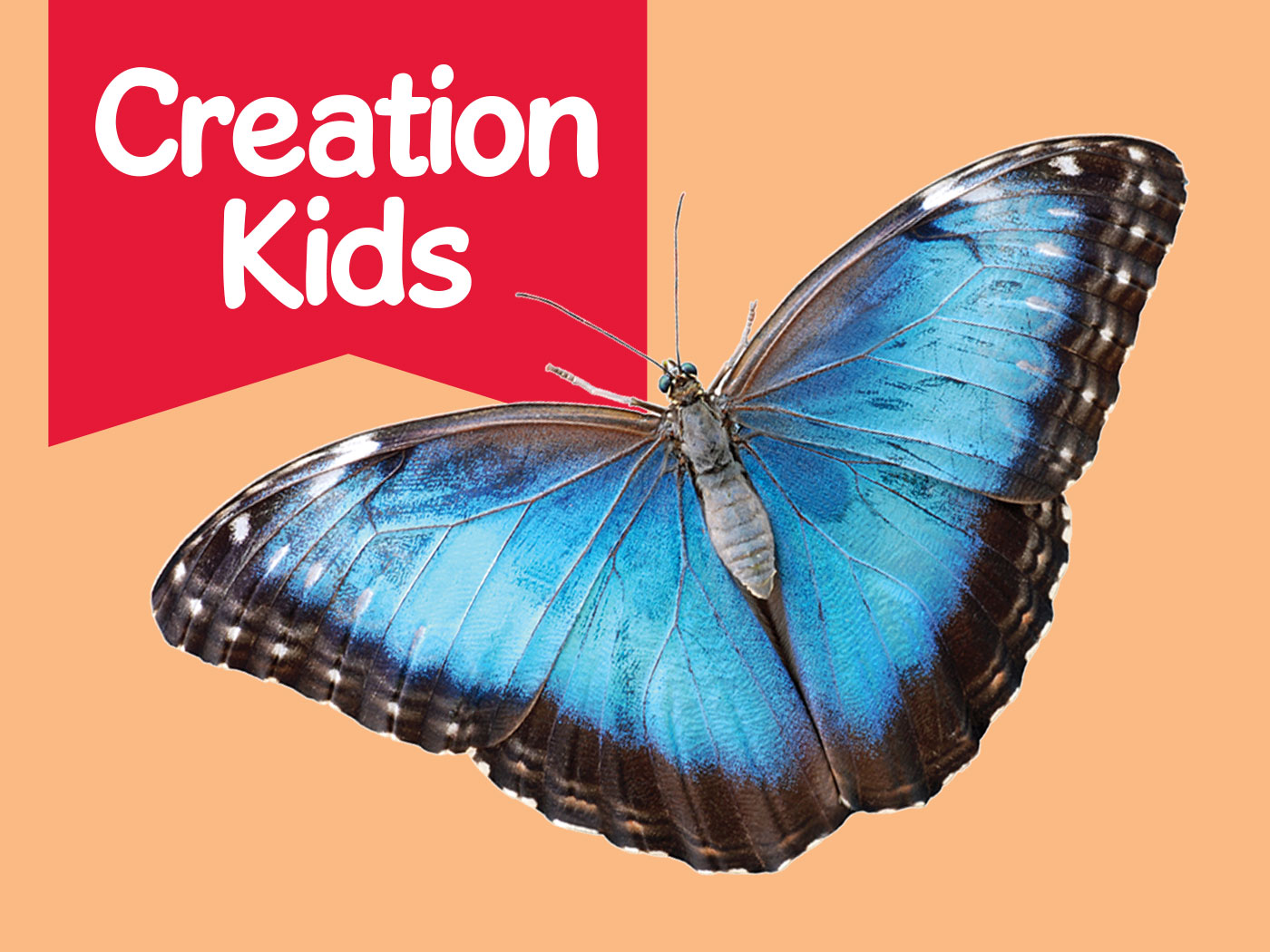What does the Bible teach about biological change? In recent articles, the Institute for Creation Research life sciences team has shown that the Bible teaches limited common ancestry1 and a limit to biological change.2 But the Bible also suggests that there was a burst of biological change in the more distant past, which leads to the fourth key origins question in biological research--the cause of this change.
The key scriptural passage for understanding the cause of biological change is Genesis 6-7. God commanded Noah to bring seven of every kind of clean animal and two of every kind of unclean animal on board the Ark to preserve each kind of creature. Clearly, the meaning of the word for kind is critical to understanding which creatures boarded the Ark. Yet, the meaning of kind is unclear.1 However, since God commanded Noah to take a male and female of every kind of creature (rather than a male from one kind and a female from another kind), this suggests that reproductive compatibility is at least a part of the definition of kind. Hence, if two creatures can successfully interbreed, they're likely members of the same kind. Furthermore, this means that all the land-based biological diversity we see today must have come from the kinds taken on board the Ark.
Did Noah take on the Ark two (unclean) or seven (clean) representatives of every species alive on earth today? There are two reasons that this is unlikely. First, all the species alive on earth today would not fit on the Ark. Second, "species" is an imprecise term that sometimes separates creatures into different categories despite reproductive compatibility between the two. Thus, "kind" and "species" are not equivalent terms, and Noah likely did not take two or seven of each species on board the Ark.
What happened to the kinds that boarded the Ark? When biological classification is based on reproductive compatibility (rather than the label "species"), it is readily apparent that much diversity has occurred since the Flood. For example, horses, zebras, and donkeys can interbreed; thus, they likely descended from two original members of the horse-like kind on the Ark. Hence, some process of diversification (currently unknown) appears to have produced a significant amount of diversity from two original pairs in just 4,000 years since the Flood. Thus, Scripture teaches that biological change can happen fast.
Since the apparently rapid diversification shortly after the Flood, rates of biological change seem to have slowed down. Horses, zebras, and donkeys are all readily identifiable creatures in the wild--that is, if diversification were still occurring, one might expect to find wild populations of horse-like creatures with blended features from each of these equids. Yet we do not find "blends" of wild equids, but distinct types. Thus, whatever the mechanism of diversification immediately post-Flood, it appears not to be operating at present.
Postulating that different mechanisms for biological change existed at different points in history is not an outrageous idea. Creation geologists have long pointed out that the present rates of geologic change are not the key to the past rates--we know that the past was very unlike the present due to a worldwide flood. Hence, it would not be surprising if present (slow) biological processes were not the key to past ones, and we should not be ashamed to think so.
This discussion raises important research questions: What was the mechanism of post-Flood diversification? In other words, how and why do species change? The life sciences team is currently reviewing the data and generating hypotheses to test.
References
- Jeanson, N. 2010. Common Ancestry and the Bible--Discerning where to draw the line. Acts & Facts. 39 (6): 6.
- Jeanson, N. 2010. The Limit to Biological Change. Acts & Facts. 39 (7): 6.
* Dr. Jeanson is Research Associate and received his Ph.D. in Cell and Developmental Biology from Harvard University.
Cite this article: Jeanson, N. 2010. The Impetus for Biological Change. Acts & Facts. 39 (8): 6.





